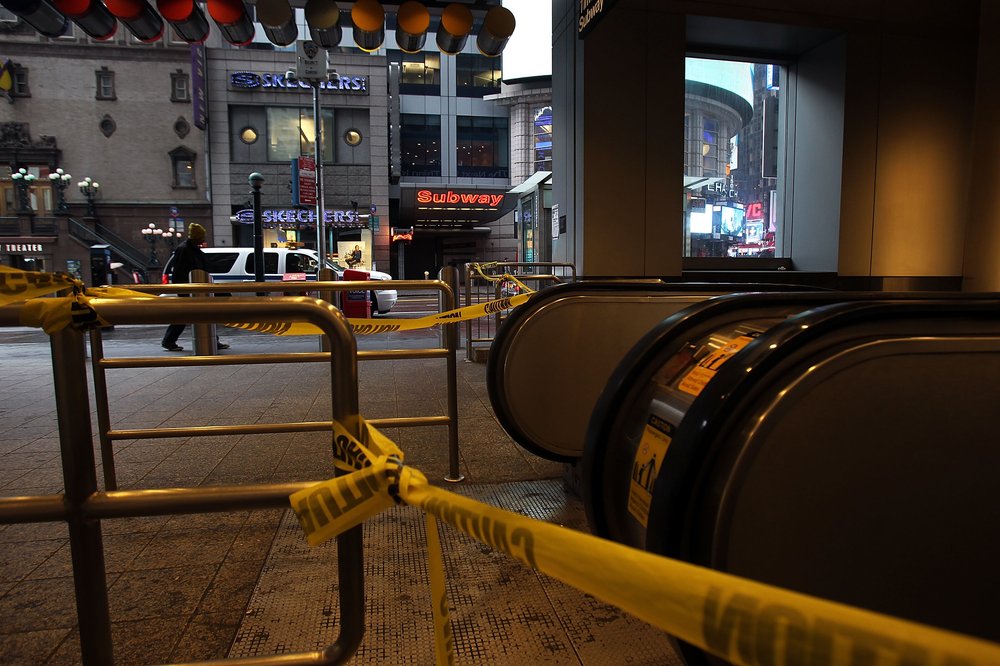NY comptroller audit criticizes MTA’s extreme weather preparedness, calls for improvements
Jan. 2, 2025, 6:12 p.m.
The audit accuses the MTA of having gaps in its preparations for extreme weather, with particular concerns about maintenance and inspections at bus depots and tunnels.

A new audit outlines supposed safety blindspots in the Metropolitan Transportation Authority's preparations for extreme weather, especially in its Bridges & Tunnels and bus operations, according to state Comptroller Thomas P. DiNapoli.
The audit, released Thursday, said inspections and maintenance of flood protection equipment are not always conducted on schedule and procedures for responding to extreme weather events, such as flash flooding and tornadoes, are inadequate.
The audit, which covered the time period from April 2009 through July 2023, especially examined the MTA’s practices following Superstorm Sandy, which caused more $5 billion in damages to MTA assets, including extensive flooding in bus depots and tunnels, the comptroller's office said.
Although the MTA has implemented capital projects to protect against future storms, the comptroller’s office said it found that crucial inspections and risk assessments have not been carried out as recommended.
Key findings include uninspected flood doors at select tunnels and inadequate inspections of snow removal trucks at bus depots. According to the comptroller, auditors visited four depots where there should have been 336 inspections of the large trucks over 18 months, but only 59 were recorded. There was also no evidence that employees had been trained to inspect flood mitigation equipment at two of the depots, the audit said.
The audit also found that bus depots did not always issue weather alerts during extreme weather events, including substantial flooding in 2021.
The audit accused the MTA of being unprepared for unusual weather events, such as flash flooding and tornadoes, and made recommendations to improve safety, including calling for the MTA to update its risk assessments and improve maintenance practices.
In response, MTA spokesperson David Steckel acknowledged the findings, emphasizing that the MTA has made significant strides since Superstorm Sandy.
He noted the installation of flood mitigation measures at key locations, including flood doors at the Hugh L. Carey and Queens Midtown tunnels, and the pre-positioning of equipment to quickly respond to weather challenges.
“We are pleased that the comptrollers report recognizes the improvements that the MTA has made since Superstorm Sandy," Steckel said in an emailed statement. "Over the past two decades the MTA has made significant enhancements to its emergency preparedness and response capabilities by implementing well-informed strategies and proactively mitigating the potential damage to its assets and systems from future extreme-weather events including a Climate Resiliency Roadmap that describes how the agency will adapt our systems to climate change over the next ten years.”
‘People peeing in between the cars’: Power outage strands NYC subway riders during storm Amtrak service suspended from NYC to CT after transformer explosion and track fires